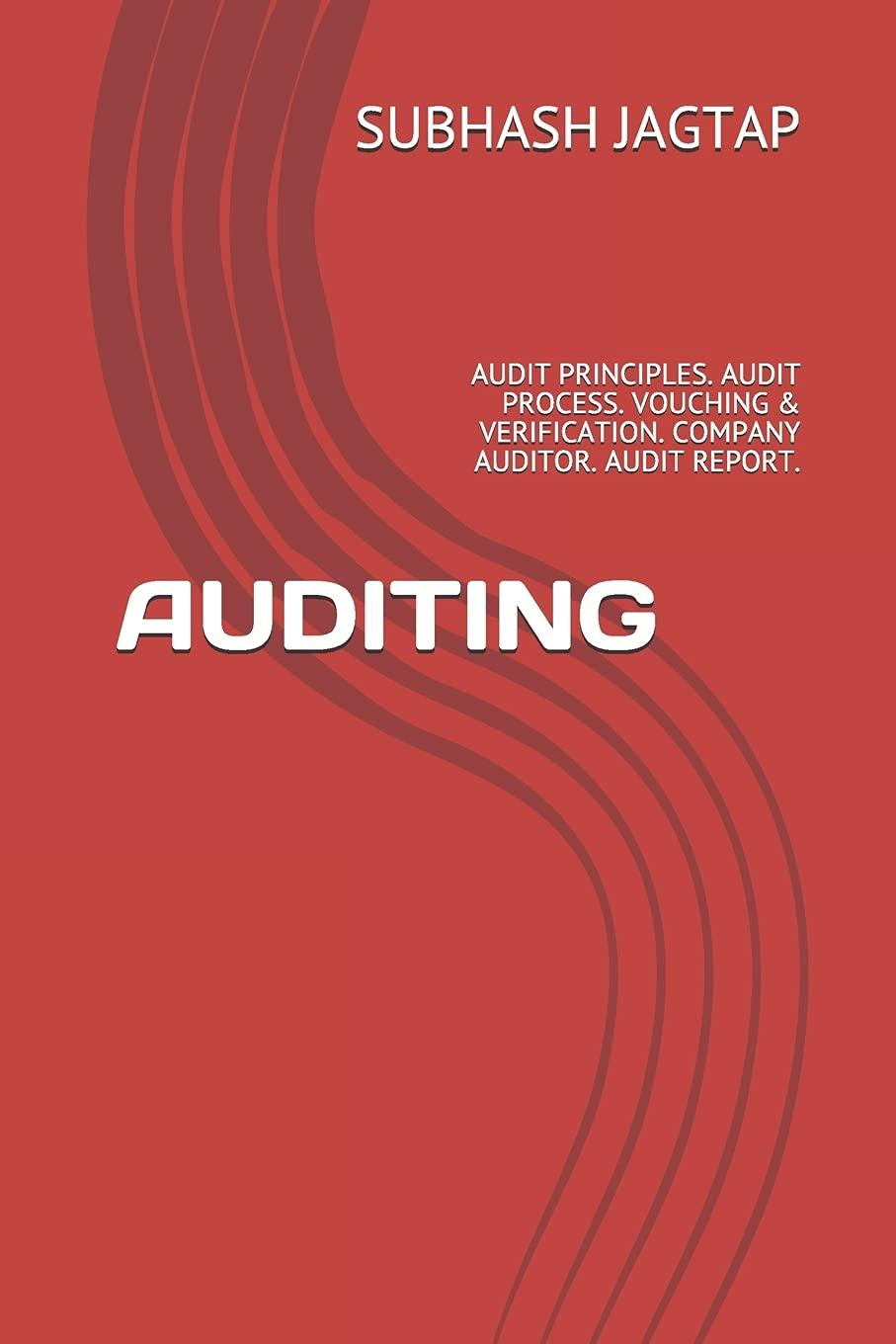AUSScreen is a growing television manufacturer in Australia. The company has two main products: Model A (since 2015) and Model B (introduced in 2020). Unit selling prices for Model A and Model B are $1,125 and $1,425, respectively. The company's CEO, Ferdinand Henry, recommended that the company should focus its marketing resources on Model B while considering phasing out Model A The company has used a traditional costing system as a basis for pricing decisions. The following cost information was used over the past year. Model A Model B $260 $730 4.4 I 1.9 Direct materials per unit Direct labour hours per unit Machine hours per unit Units produced 10 5 5,000 27,500 Hourly wage for direct labour is $15 per hour. Manufacturing overhead costs were estimated at $6,000,000 and were allocated on the basis of machine hours. The financial controller, Daniel Nguyen, recommended that the company should employ activity-based costing analysis to obtain a better picture of the true manufacturing costs of the two models. He collected the following data: Activity Soldering Shipments Quality control Activity driver number of solder joints number of shipments number inspections Estimated costs $1,177.500 $1,075,000 $1,550,000 number of orders machine hours Purchase orders Machining Machine set-ups Total overhead costs: $1,188,000 $72,000 $937,500 $6,000,000 number of set-ups Quantity of activity driver consumed: Activity Model A Model B Total Soldering 1,185,000 385,000 1.570,000 number of solder joints Shipments 16,200 3,800 20,000 number of shipments Quality control 56,200 21,300 77.500 number inspections Purchase orders 80,100 109,980 190,080 number of orders Machining 176,000 16,000 192,000 machine hours Machine set-ups 16.000 14,000 30,000 number of set-ups I Selling and administrative expenses are $332 per unit sold for Model A and $207 per unit sold for Model B. Required a. Calculate the unit manufacturing costs of Model A and Model B under the traditional costing approach using machine hours for allocating manufacturing overheads. [10 marks] Click or tap here to enter text b. Assuming use of activity-based costing, calculate the unit manufacturing costs of the two models given the activity analysis data above. [10 marks] Click or tap here to enter text c. Explain the differences in manufacturing cost per unit calculated in part a and part b. (5 marks] Click or tap here to enter text. d. Calculate the operating profit per unit for Model A and Model B under the activity- based costing approach and evaluate whether that the company should focus its marketing resources on Model B only and phase out Model A according to the CEO's suggestion. [5 marks] Click or tap here to enter text. RO









